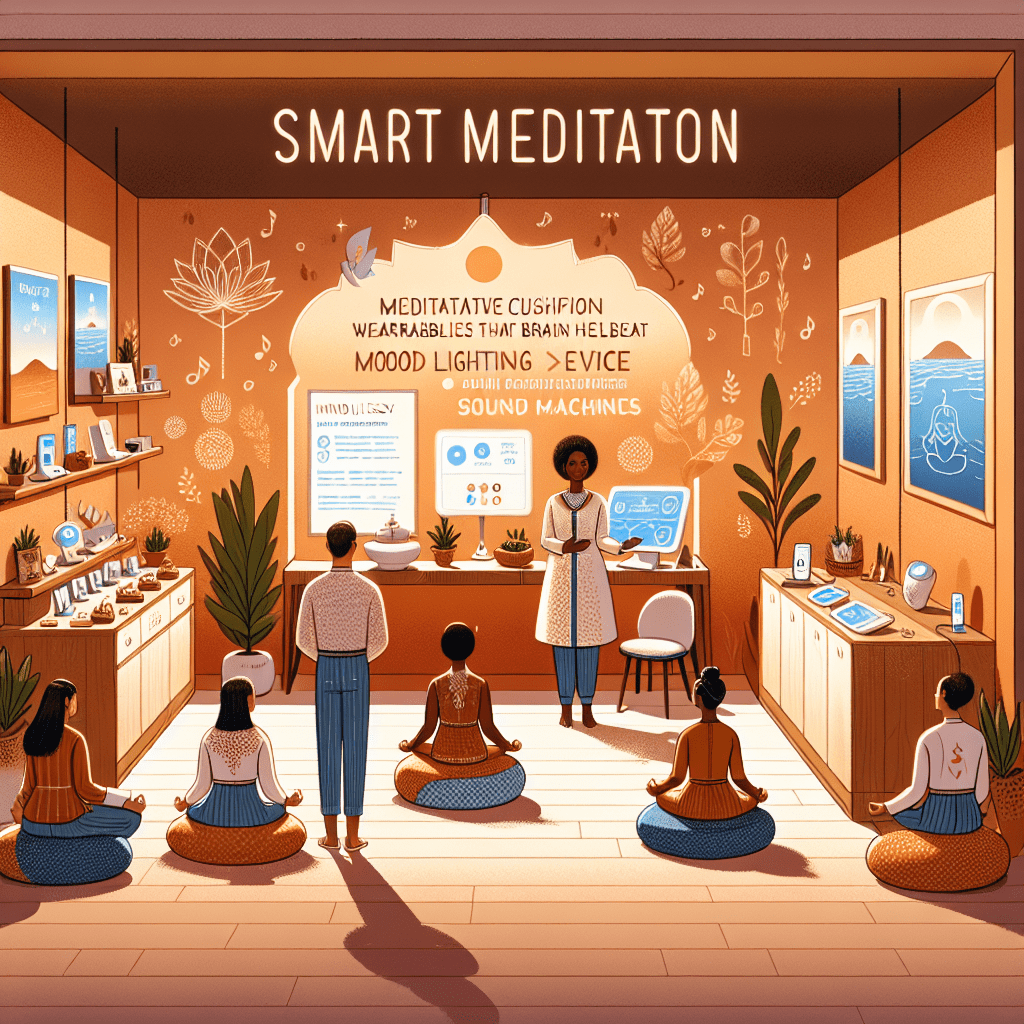
Prioritize your mental well-being daily. Enhance your life by nurturing your mental health with the Smart Meditation app. Break free from stress, alleviate anxiety, and enhance your sleep quality starting today.
How Does Reading A Book Reduce Stress?
Unwinding with Words: How Books Become a Stress Relief Sanctuary
In the relentless hustle and bustle of modern life, finding an oasis of tranquility can seem, at times, Sisyphean. Amid the cacophony of deadlines, emails, and endless notifications, there lies a simple, yet profoundly effective antidote to stress: reading a book. But how exactly does diving into a narrative help alleviate the stress that weighs heavily on our shoulders? Let’s leaf through the pages of this intriguing phenomenon.
The Science Behind the Solace
At first glance, reading may seem like a leisurely activity reserved for quiet Sunday afternoons. However, beneath the surface, it’s a powerhouse of psychological benefits, offering a unique blend of mental engagement and relaxation that few other activities can match. Here’s a closer look:
-
Literary Escapism: Ever felt so engrossed in a story that the world around you momentarily fades away? This isn’t just anecdotal. According to research, reading can significantly lower stress levels, often more so than listening to music or taking a walk. By immersing ourselves in a narrative, we are essentially taking a mental vacation, providing much-needed respite from personal or work-related stressors.
-
Engage and Ease: Reading isn’t passive; it demands engagement. This mental exercise supports cognitive health, improving focus and concentration. Moreover, as our minds engage, our bodies tend to ease, decreasing heart rate and relaxing muscle tension – a physiological state conducive to stress relief.
-
Empathy Expansion: Beyond the realms of escapism and engagement, literature opens a gateway to understanding diverse perspectives. As we walk a mile in the shoes of myriad characters, our capacity for empathy grows. This emotional intelligence not only enhances our personal relationships but also provides a deeper sense of connection and well-being, buffering against the isolating effects of stress.
Tips to Maximize Your Literary Retreat
To harness the full stress-reducing potential of reading, consider these pointers:
-
Find Your Niche: Not all books are created equal when it comes to personal preference. Experiment with genres and authors to discover what truly captivates you. Whether it’s the whimsical world of fantasy or the tangible truths of non-fiction, the right book can act as a portal to peace.
-
Create a Reading Ritual: Designate a specific time and place for reading. By doing so, you signal to your brain that it’s time to unwind, making the transition into relaxation mode smoother and quicker.
-
Digital Detox: In an era dominated by screens, opting for a physical book can be a form of digital detox, reducing exposure to blue light and the temptation to multitask, both of which can exacerbate stress.
-
Join a Book Club: Sharing insights and reflections with fellow readers can enhance the joy of reading. Discussing a book’s themes and characters not only deepens the understanding but also fosters a sense of community, combatting feelings of loneliness and stress.
Final Chapter
So, the next time you feel bogged down by the pressures of life, consider reaching for a book. It’s not merely about temporary escapism; it’s about resetting your stress levels, stimulating your mind, and reconnecting with yourself and others. In the vast library of stress relief techniques, reading holds a special place, offering a unique blend of solitude and immersion, reflection and relaxation, empathy and enlightenment.
Remember, in the grand narrative of your life, stress doesn’t have to be the prevailing theme. With a book in hand, you’re always just a page away from a more serene chapter.





